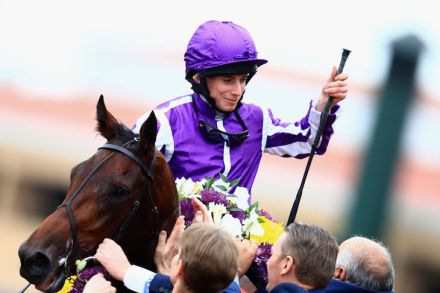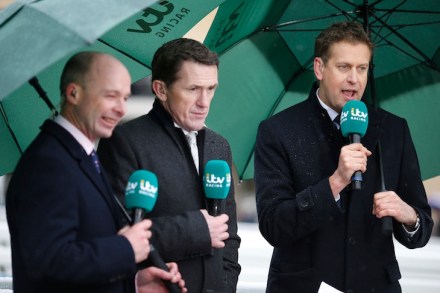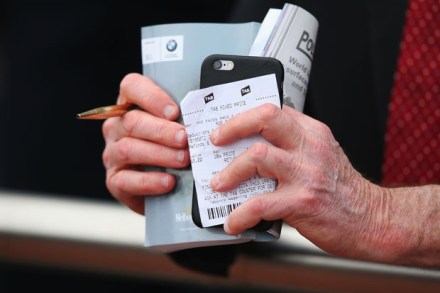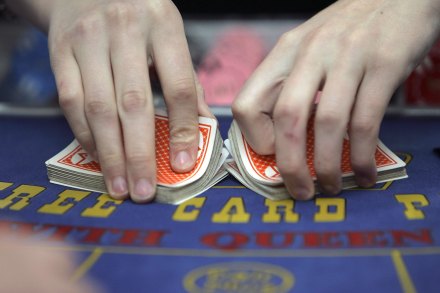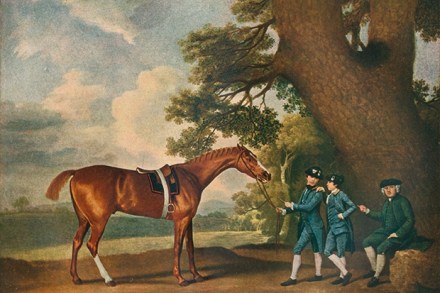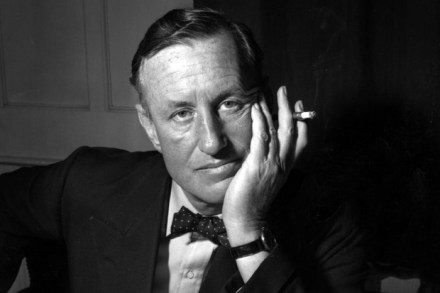In praise of fixed-odds betting terminals
Racing is an expensive sport to stage. Courses and grandstands have to be maintained, health and safety regulations have to be observed. Human and horse ambulances have to be provided, turnstiles have to be manned and, to maintain the ‘integrity’ of a much gambled-on sport, stables have to be guarded, and photo-finish and race-patrol cameras have to be provided. Recognising this, as they sought to clean up gambling laws in the 1960s, our politicians introduced a rare example of ring-fenced taxation: they sanctioned a levy system on bookmakers to make them responsible for producing a significant contribution to racing’s costs. By 1978 the Gambling Commission was complaining that racing had





